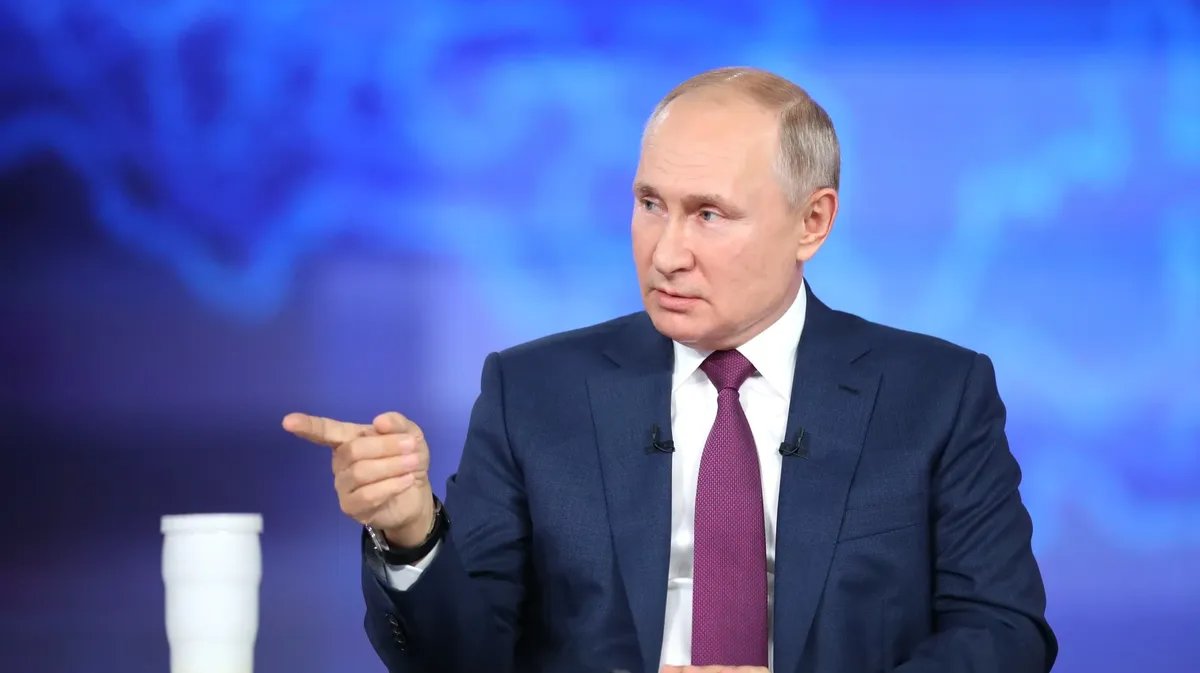The Kremlin last week announced its plan to reinstate the annual presidential call in and the end-of-year press conference with Russian President Vladimir Putin this year, merging the two events into one.
While the Presidential Administration hasn’t specified a date, sources involved in preparations for the event have suggested to the RBC media group that 14 December is the likely date.
Both events were cancelled last year due to the outbreak of the war in Ukraine. Why are both events being brought back now?
Why now?
Putin’s first direct line and annual press conference were held in 2001. In one, Putin answers questions put to him by Russian citizens calling into the show, while in the other he answers questions from both foreign and domestic journalists.
Political scientist Yekaterina Schulmann says the events’ cancellation last year led to popular anxiety that the authorities are keen to avoid this year.
“In 2022 there was nothing: no Presidential Address, no direct line, no large press conference. … This is dangerous — social order is based on routine. So as soon as the initial panic of 2022 had passed, they decided to restore order, at least partially.”
Schulmann added that it was important for the Kremlin that next year’s Russian presidential election be held on schedule.
Political scientist Dmitry Oreshkin agrees.
“Putin wants this ritual to be highly organised, because it is important for society. The more primitive a society is, the more important these ritual ceremonies are,” he says.
Political analyst Fyodor Krasheninnikov believes the Presidential Administration is willing to hold the events this year as it feels more confident about the situation at the front.
“I think they are reasonably confident that there will be no unpleasant surprises at the front before the event. And they didn’t announce a specific date so that they wouldn’t have to cancel if something happened. Putin doesn’t like being in front of the cameras in a crisis,” he explains.
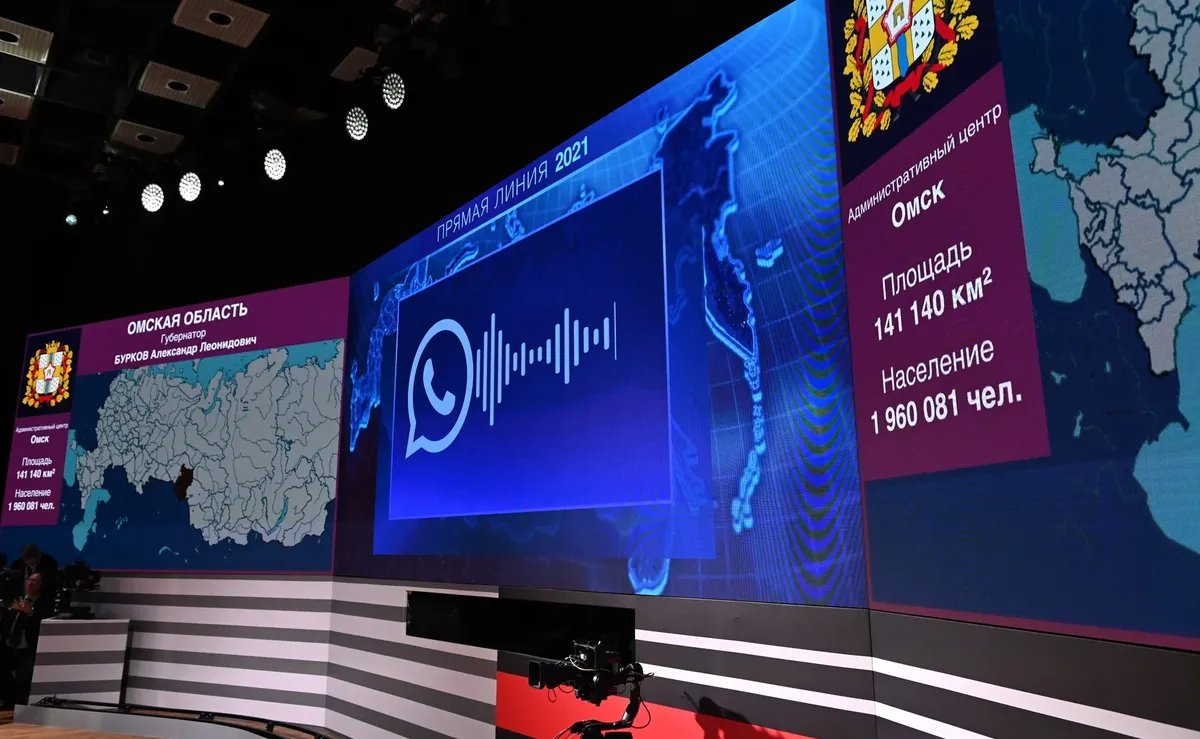
Photo: kremlin.ru
In an interview with The Economist earlier this month, the commander-in-chief of Ukraine’s armed forces, Valeriy Zaluzhnyi, said that the war in Ukraine was becoming “positional” due to military parity between Ukrainian and Russian forces. He warned that there would be no large-scale breakthrough into Russian-controlled territory anytime soon, a situation that is beneficial to Russia.
“The Ukrainian commander-in-chief literally admitted that the offensive had failed or reached a stalemate. That suggests nothing will happen in the next two months to destabilise the situation,” Krasheninnikov explains.
Oreshkin also refers to Ukraine’s successful counteroffensive last autumn.
“My understanding is that Putin didn’t really want to answer workers’ questions after Ukraine had liberated Kherson. But now he has adapted, changed his world view and thinks everything is fine, so he wants to broadcast this confidence to voters. Voters really like that too. They like having a tough leader.”
Date and format
Most of the experts Novaya Gazeta Europe spoke to agree the Kremlin didn’t announce a date in order to leave room for manoeuvre.
“They’ll spend a week in December preparing, writing, coordinating questions and answers, so they won’t want to announce the date beforehand. There’s still a chance the event won’t take place at all. You never know what might happen,” says Oreshkin.
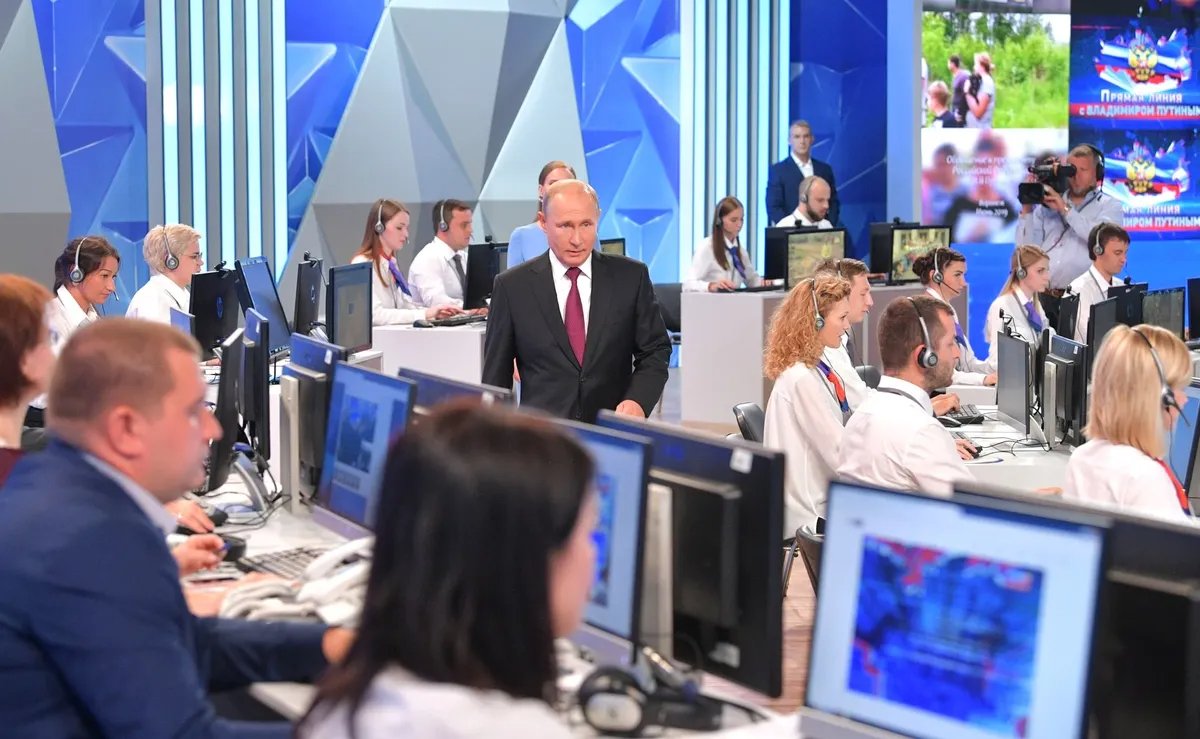
Photo: kremlin.ru
“They could be waiting for more significant events at the front, or, conversely, decide to postpone the event if there is any uncertainty in the war,” says Margarita Zavadskaya, a senior research fellow at the Finnish Institute of International Affairs.
It is no coincidence, say the experts, that the direct line and press conference are being merged this year. Krasheninnikov says this way the Kremlin can “drown out the inconvenient questions from foreign journalists in a sea of popular approval”.
“In a press conference, journalists ask you questions. Even if 90% of the questions are given to journalists from state-controlled media, 10% will still have to go to the foreign press. But if the press conference and the direct line are combined, foreign journalists will get lost in the crowd,” says Krasheninnikov.
Oreshkin adds that “there aren’t enough positive things happening for two events”, while Schulmann believes that “communicating with the people” is more important to Putin this year than communicating with the media.
“In peacetime, we had three formats for communication between the president and the outside world. First, there was the Presidential Address to the government … Second, there was the large press conference … And third, there was the direct line … This was the most populist in the literal sense. This year, two of the three have survived,” she says.
What to expect
Putin could very well announce his candidacy for the Russian presidency, Zavadskaya believes, and Schulmann agrees.
“The presidential election will most likely be held from 15 to 17 March. According to the Federation Council [upper house of parliament] schedule, the election date is likely to be announced on 13 December. If the conference is held the next day, he’ll be able to announce his candidacy,” Schulmann explains.
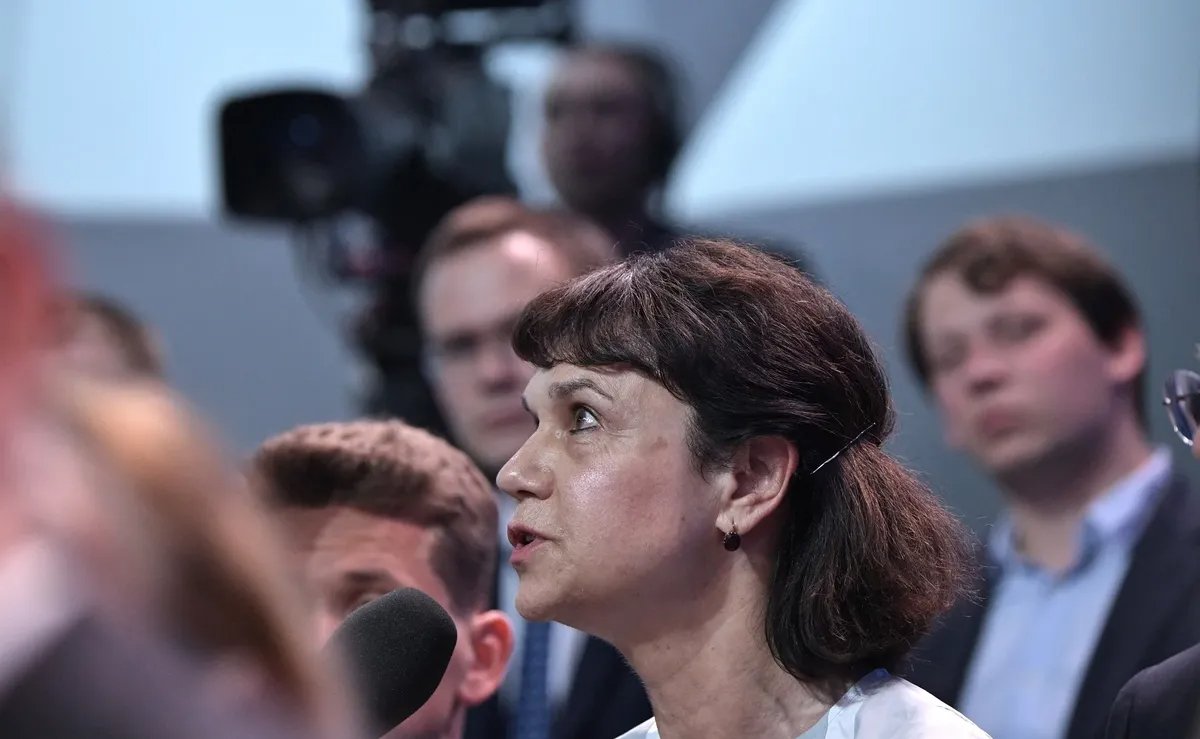
Photo: kremlin.ru
The experts all agreed that chief among the multiple objectives the event was designed to meet was demonstrating that Putin is in good health.
“There is a need to instil confidence and optimism in people, to show that there is a person in the country who knows where he’s taking us,” says Krasheninnikov.
Russians will also be expecting gifts from Putin, Schulmann notes, such as troop rotation.
“There is already a small, but fairly active and energetic protest movement led by soldiers’ wives and families on the matter. They’re demanding that their men come home.” Schulmann says it will be interesting to see whether Putin touches on the topic himself or whether any of the Russians calling in will bring it up.
Oreshkin believes the subject matter will depend on the current situation at the front.
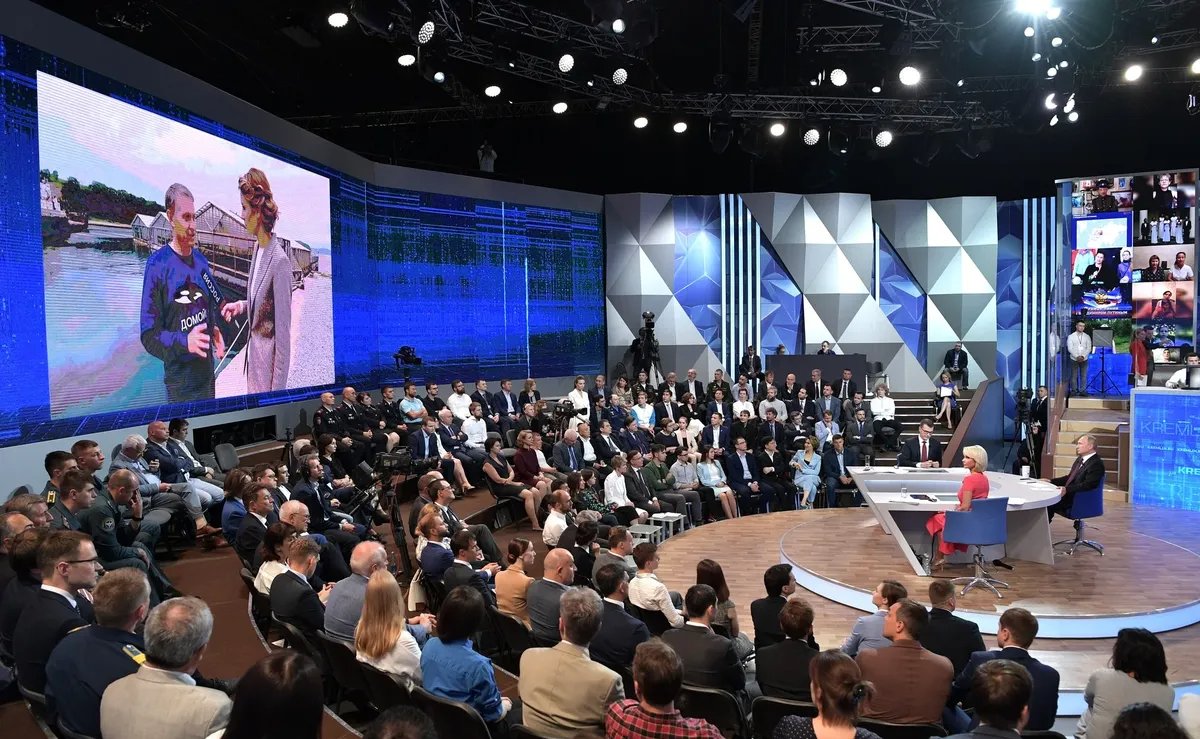
Photo: kremlin.ru
“Ideally, of course, he should be informing them of an enduring victory, because that’s what the electorate really wants. … The electorate is ready to accept any rubbish as victory, because the war has been going for almost two years now without anything,” he says.
Failing that, the talk will be of economic success, according to Oreshkin.
“He’ll have to talk about how well the economy is coping with sanctions and how the West is at its wits’ end,” he says, adding that for the electorate, “any military achievement is worth three to four times as much as yet another message about the dollar exchange rate being 95 and not 100 rubles”.
For his part, Krasheninnikov expects a show of power.
“I think it will be a very unpleasant event for us, because we’ll see a vigorous, aggressive Putin reminding us that the war will be long and bloody, with no end in sight.”
Join us in rebuilding Novaya Gazeta Europe
The Russian government has banned independent media. We were forced to leave our country in order to keep doing our job, telling our readers about what is going on Russia, Ukraine and Europe.
We will continue fighting against warfare and dictatorship. We believe that freedom of speech is the most efficient antidote against tyranny. Support us financially to help us fight for peace and freedom.
By clicking the Support button, you agree to the processing of your personal data.
To cancel a regular donation, please write to [email protected]
